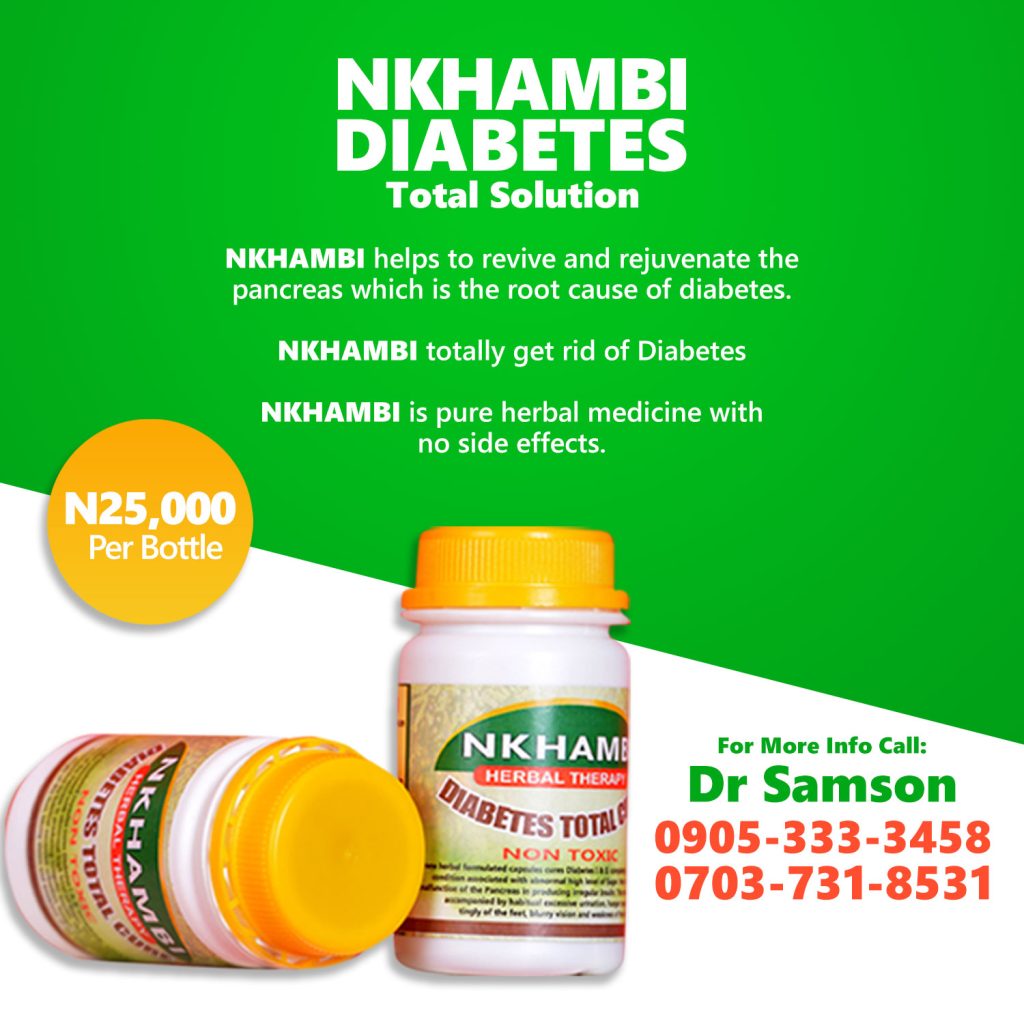Nigerian Vice President, Kashim Shettima, has told a United Nations summit that his principal, President Bola Tinubu, withdrew the subsidy on petrol from “day one” and embarked on the release of grains and fertilisers to reduce the effects of the removal.
Shettima added that the Tinubu-led government had also mobilised over half a billion dollars for sustainable food systems transformation initiatives.
The Vice President disclosed this while chairing a high-level meeting on the first day of the UN Food Systems Summit declared open in Rome, Italy by the United Nations Secretary-General, Antonio Guterres.
A statement by the State House quoted the Vice President to have told the session that the funds were mobilised “through domestic resources, multilateral development banks, international financial institutions, climate funds leading agro-businesses,” and would be used for “Innovation finance for food system transformation; development of Nigeria’s agro value chain and Special Agro-Industrial Processing Zones programmes.”
According to the statement, Shettima further explained that “in this event, the Government of Nigeria will be showcasing its Value Chain Development Programme (VCDP) as a unique example of a successful partnership between producers, the public sector, and private operators.”
“The VCDP which is co-funded by the of Nigeria and IFAD has empowered vulnerable farmers and youth to engage in commercial partnerships with some of the biggest food processing and marketing firms in the world such as OLAM, a world-leading agri-business company operating in over 60 countries with an annual revenue of about $39.8 billion,” the Vice President added.
According to him, “President Tinubu hit the ground running from day one of his administration, which is barely two months in office, and has therefore declared a state of emergency in food security and took it as a livelihood item within the National Security Council.”
On removing impediments to economic recovery, he said “we had two albatrosses around our necks: subsidy on petrol and multiple exchange rates system. We withdrew the subsidy on petrol from day one, just like President Ruto did in Kenya. To mitigate the effects of the subsidy removal, the government embarked on the immediate release of grains and fertilisers.
“A commodity marketing board has been put in place to continuously review and monitor the prices of food items. Along this way, the President has already approved the infusion of a huge quantum of funds towards repositioning our security architecture because we have similar problems with Somalia and Kenya, especially in the northeast and northwest regions of the country. We are repositioning our security architecture to provide support for farms and farmers.”







